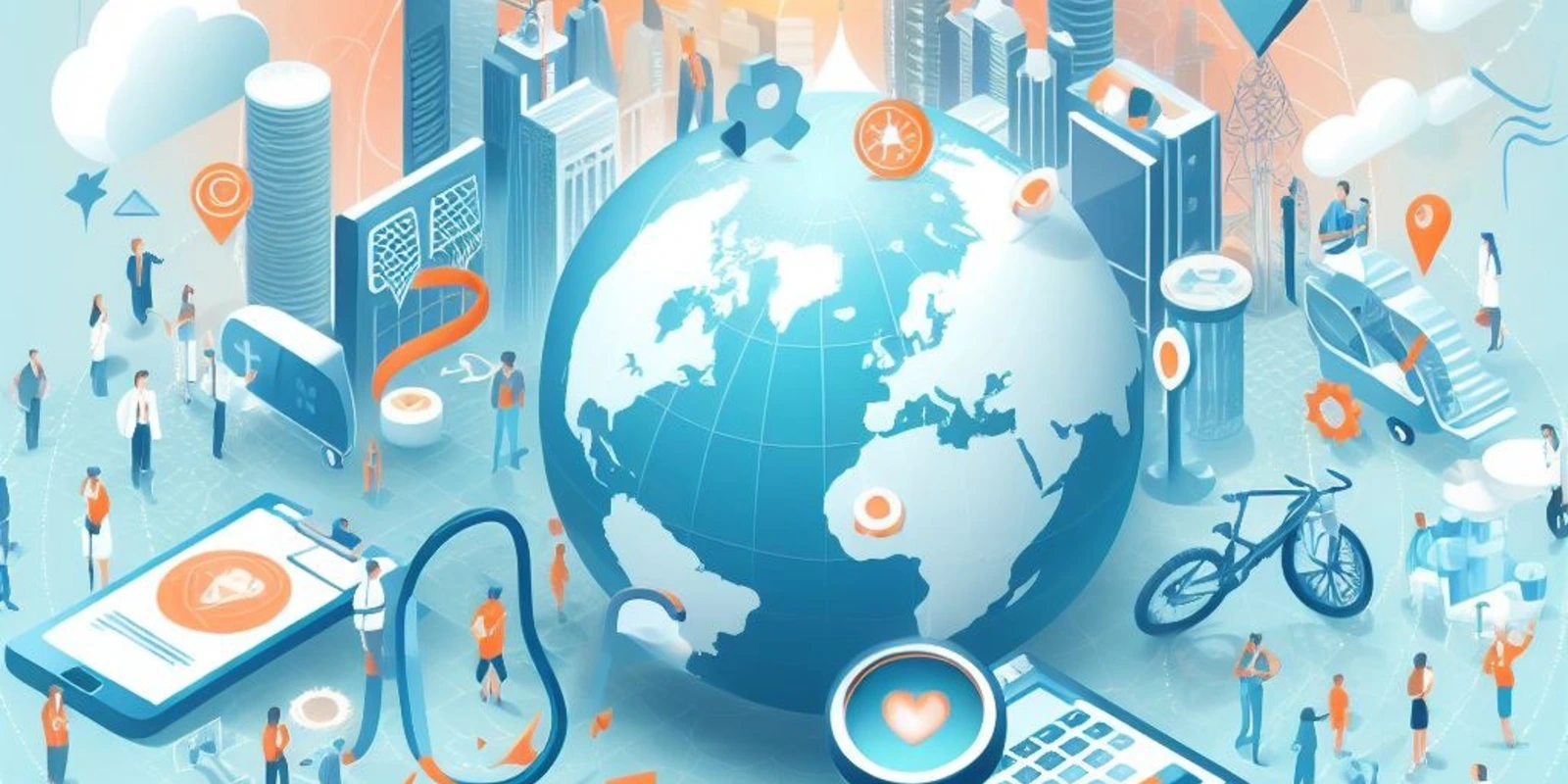
Global Healthcare Innovations: What’s on the Horizon?

The healthcare industry stands on the cusp of a transformative era, with groundbreaking innovations poised to redefine patient care on a global scale. This article delves into the most anticipated healthcare advancements, examining their potential impacts and the challenges they may face.
One of the most talked-about innovations is Artificial Intelligence (AI). AI’s capability to analyze vast datasets is revolutionizing diagnostic procedures, predicting patient outcomes, and even assisting in complex surgeries. For instance, AI algorithms can detect anomalies in medical images with precision, aiding early detection of diseases like cancer.
Personalized medicine is another frontier attracting immense attention. By tailoring treatments to individual genetic profiles, healthcare providers can enhance efficacy and minimize side effects. The growing field of pharmacogenomics, which studies how genes affect a person’s response to drugs, is key in this personalized approach. Ongoing research and clinical trials continue to advance personalized medicine, making it a promising horizon in healthcare.
Telehealth has witnessed an unprecedented surge, especially in the wake of the COVID-19 pandemic. It's not just about virtual consultations anymore; remote monitoring devices allow healthcare professionals to track patient health metrics in real-time. This technology is particularly beneficial for managing chronic conditions and ensuring continuous care in remote or underserved areas.
The development of advanced medical devices is reshaping patient care. Wearable technology, for example, enables continuous health monitoring, providing vital data that can preempt medical emergencies. Additionally, advancements in prosthetics, incorporating robotics and AI, are offering enhanced mobility and functionality to amputees. For those interested in the latest wearable health monitors, a variety of options can be explored on Amazon.
![]() Find "Wearable Health Monitors" on Amazon
Find "Wearable Health Monitors" on Amazon
Genomic sequencing is making strides in identifying genetic markers for diseases, thereby aiding in early diagnosis and targeted treatment strategies. This innovation not only holds promise for rare genetic disorders but also for common diseases, offering a window into personalized healthcare solutions.
Another significant area is the application of 3D printing in healthcare. From custom prosthetics to bio-printed tissues and organs, 3D printing is paving the way for personalized and on-demand medical solutions. As this technology matures, it holds the potential to address organ shortage crises and enhance reconstructive surgeries.
Finally, mental health is receiving increased attention, with digital platforms offering therapy and counseling services. These innovations are crucial in breaking the stigma associated with mental health and providing accessible care. Popular apps providing mental health services are readily available on various platforms.
![]() Find "Mental Health App" on Play Store
Find "Mental Health App" on Play Store
![]() Find "Mental Health App" on Apple Itunes
Find "Mental Health App" on Apple Itunes
In conclusion, the horizon of global healthcare innovations is vibrant and full of promise. While these advancements bring hope for improved health outcomes, they also present challenges in terms of accessibility, ethical considerations, and integration into existing healthcare systems. As the world navigates these changes, the ultimate goal remains clear: to enhance the quality and accessibility of healthcare for all.







Your insights and experiences enrich our community. Dive into the discussion and share your thoughts with us below!